10 Reasons Some People Still Refuse to Buy Electric Vehicles
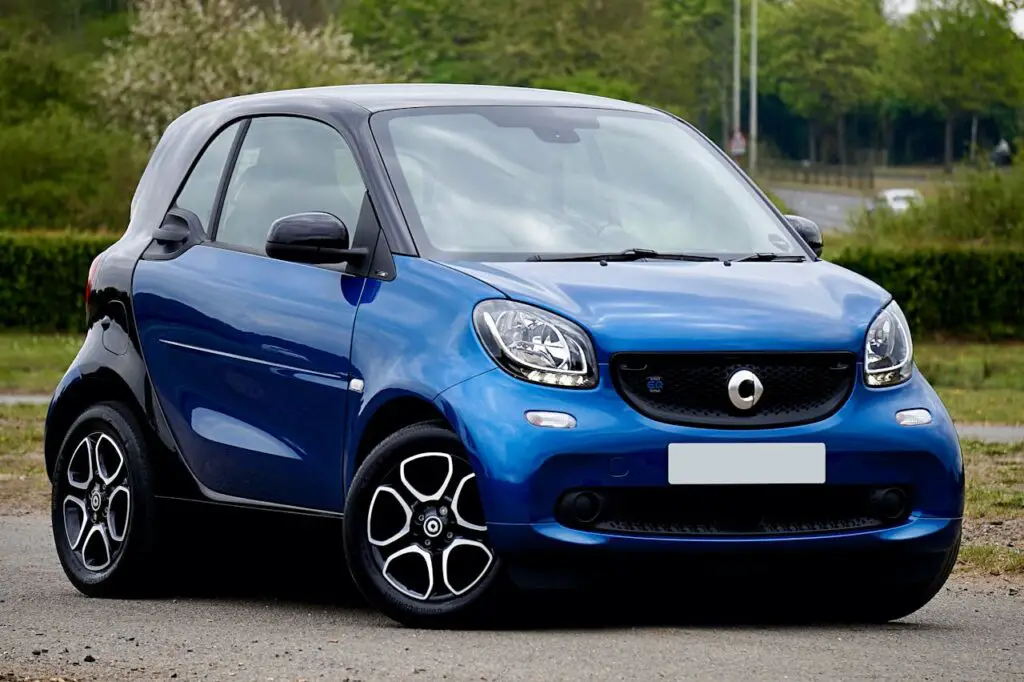
Electric vehicles are often hailed as the future of transportation, offering a cleaner and more efficient alternative to gasoline-powered cars. With promises of lower operating costs, reduced carbon emissions, and cutting-edge technology, EVs seem like an obvious choice for modern drivers. However, not everyone is on board with the switch. Many consumers still have doubts about electric cars due to concerns over affordability, infrastructure, and performance. Despite industry advancements, a large portion of car buyers continue to opt for traditional vehicles. Here are ten key reasons why some people still say no to electric vehicles.
1. Limited Charging Infrastructure
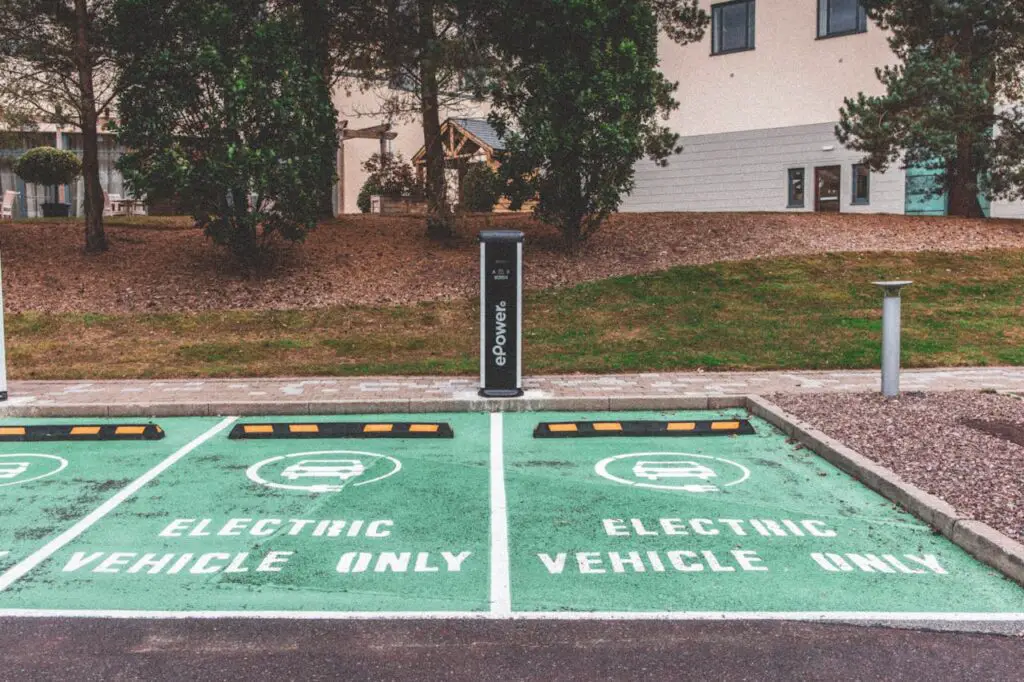
A major reason people hesitate to adopt EVs is the lack of charging stations compared to the abundance of gas stations. While urban areas have seen an increase in charging stations, many suburban and rural locations still lack reliable charging infrastructure. Long road trips can be stressful for EV owners who must carefully plan their routes to ensure they have access to charging stations. Until charging stations become as widespread and convenient as gas stations, range anxiety will continue to deter potential buyers.
2. High Upfront Costs
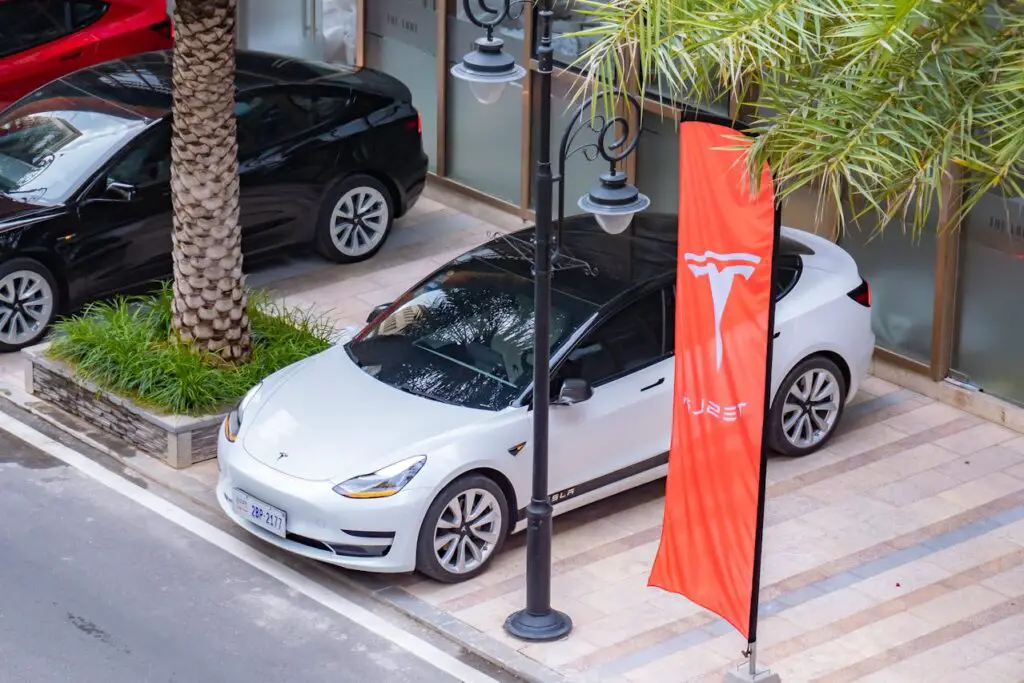
Despite government incentives, electric vehicles still come with a higher upfront price tag compared to gasoline-powered cars. Many budget-conscious consumers simply cannot justify the cost, especially when affordable, fuel-efficient gas vehicles remain available. While EVs may save money in the long run due to lower fuel and maintenance costs, the initial investment is still too high for many buyers. Until prices drop significantly, cost-conscious consumers will continue to favor traditional cars.
3. Concerns About Battery Life and Replacement Costs
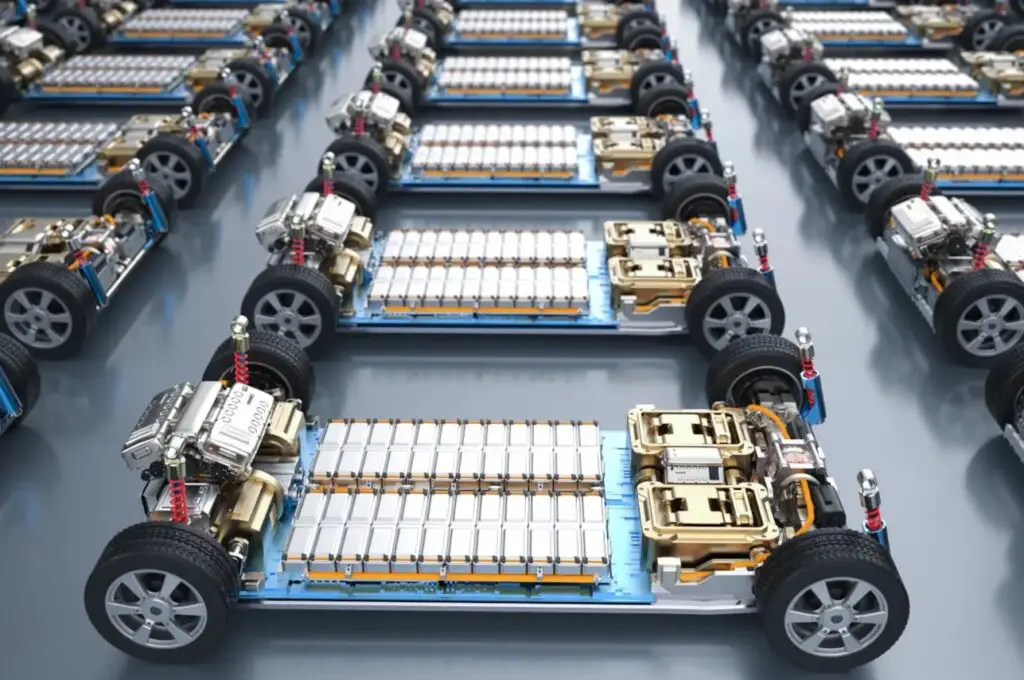
EV batteries are one of the most expensive components of the vehicle, and their longevity remains a significant concern for buyers. Although manufacturers offer warranties and claim that modern EV batteries can last for hundreds of thousands of miles, skepticism remains. The cost of replacing a battery can run into the thousands, making potential buyers hesitant about future expenses. Some drivers worry that once their battery degrades, they will be forced into costly repairs or replacements, negating any savings they might have enjoyed on fuel.
4. Range Anxiety Still Exists

Even with advances in battery technology, many drivers worry about running out of charge before reaching their destination. Unlike gas-powered cars that can refuel in minutes, EVs require more time and careful planning to recharge. Long commutes or road trips can become a challenge, particularly in regions where charging stations are scarce. Until EVs offer significantly longer driving ranges on a single charge, many consumers will continue to rely on gasoline-powered vehicles.
5. Charging Takes Too Long
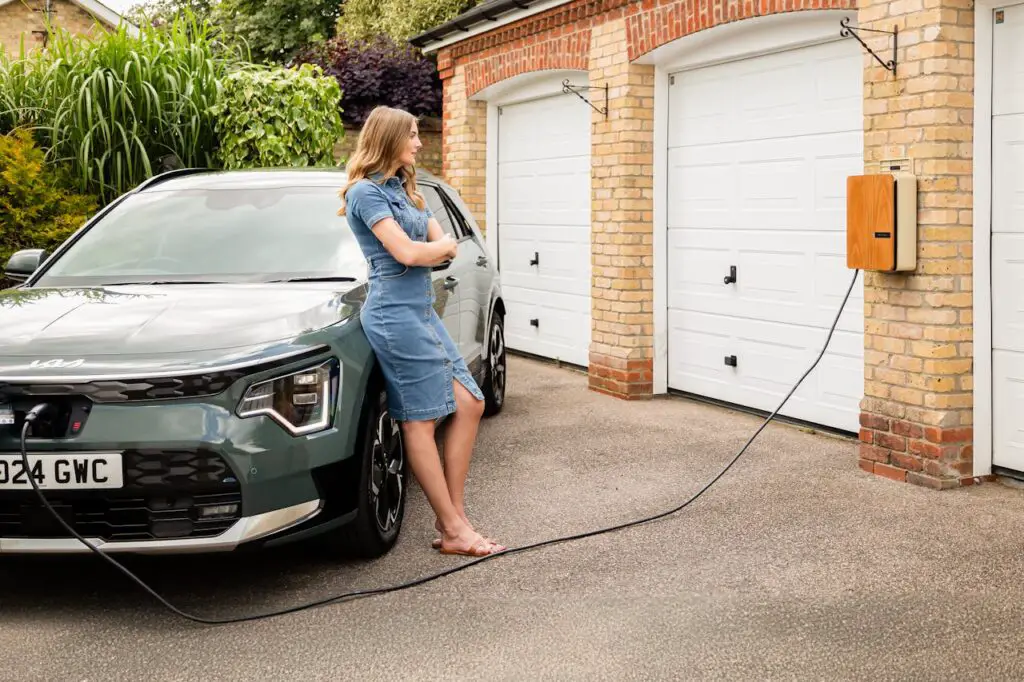
One of the biggest frustrations for potential EV buyers is charging time. While refueling a gas-powered car takes only a few minutes, charging an electric vehicle can take anywhere from 30 minutes with a fast charger to several hours at home. For those without access to home charging, the need to wait at public stations can be an inconvenience. The unpredictability of charging speeds and station availability is a major deterrent for people who are used to the quick and easy process of filling up a gas tank.
6. Cold Weather Performance Issues
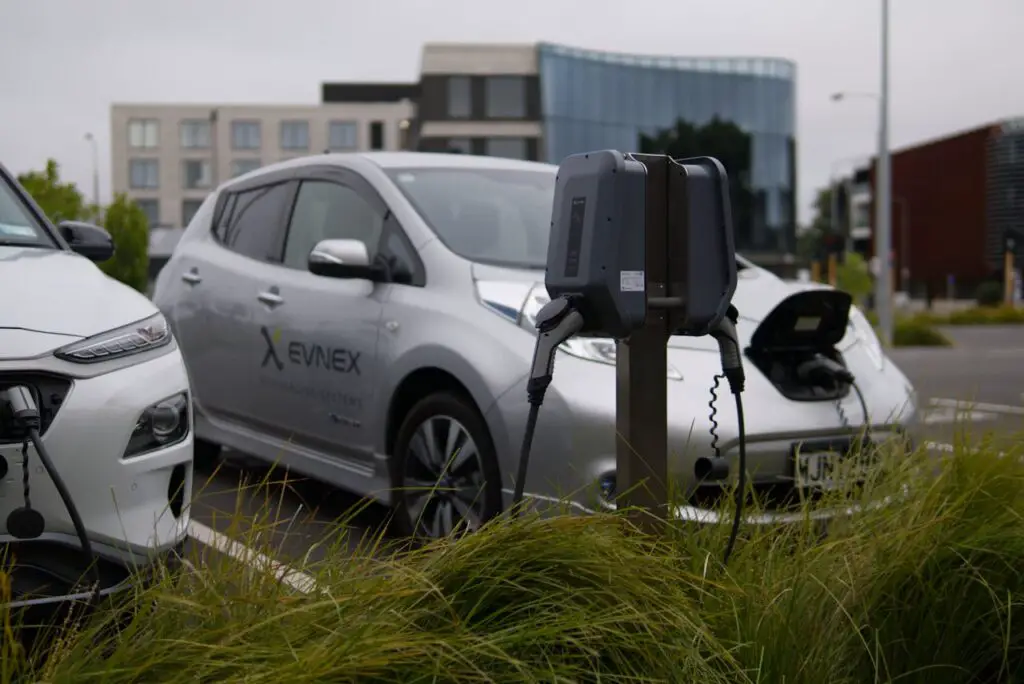
EVs tend to struggle in extreme cold, which can significantly reduce battery efficiency and range. Drivers in colder regions worry about how well an electric car will perform in freezing temperatures, particularly when heating systems further drain the battery. In contrast, gasoline-powered cars are generally more reliable in winter conditions. Until EVs can offer consistent performance in all climates, many drivers in cold regions will remain skeptical.
7. Limited Vehicle Options
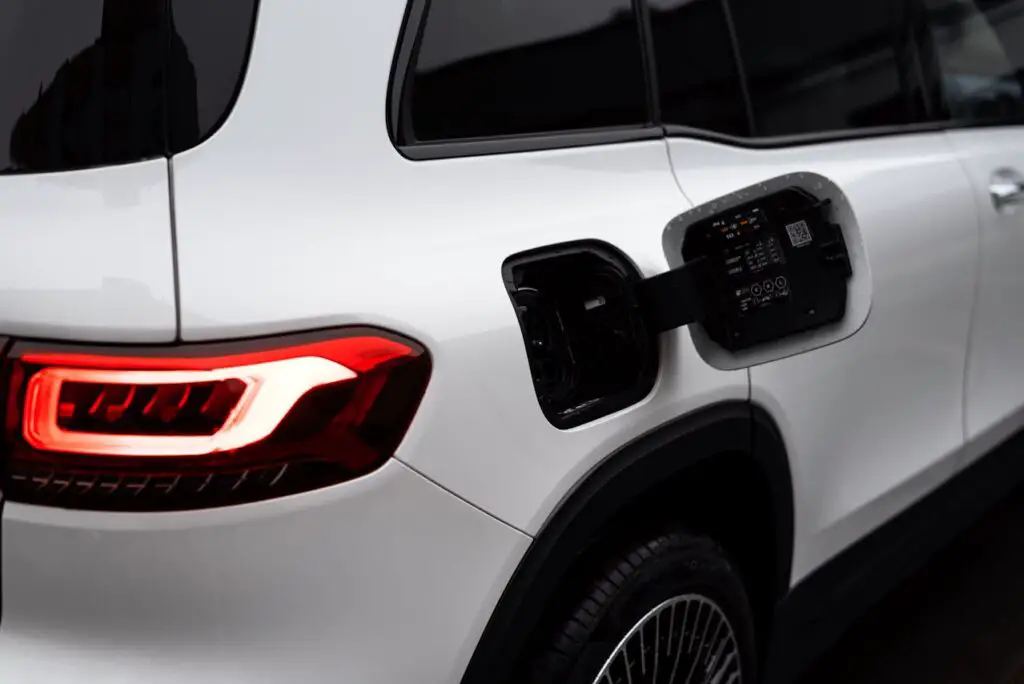
Although the EV market is growing, gasoline-powered cars still offer a wider variety of models. Many consumers, especially those looking for trucks, SUVs, or high-performance vehicles, find that EV options are still limited or too expensive. The used EV market is also not as developed, making it harder for budget-conscious buyers to find an affordable electric car. Until automakers expand their offerings to include more diverse and budget-friendly models, many buyers will stick with traditional vehicles.
8. Environmental Concerns Over Battery Production
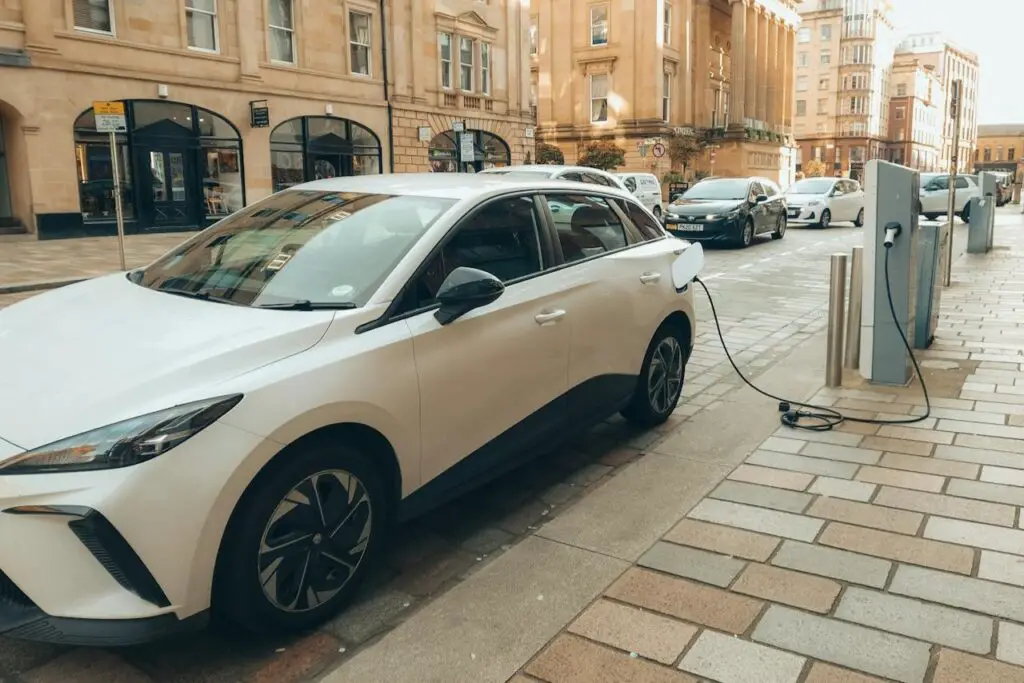
Ironically, some environmentally conscious consumers avoid EVs due to concerns about how their batteries are made. The mining of lithium, cobalt, and nickel—the key materials used in EV batteries—has been linked to environmental destruction and unethical labor practices. Additionally, large-scale solutions for recycling or safely disposing of used EV batteries are still in development. This has led some buyers to question whether EVs are truly the sustainable alternative they are claimed to be.
9. Lack of Trust in New Technology
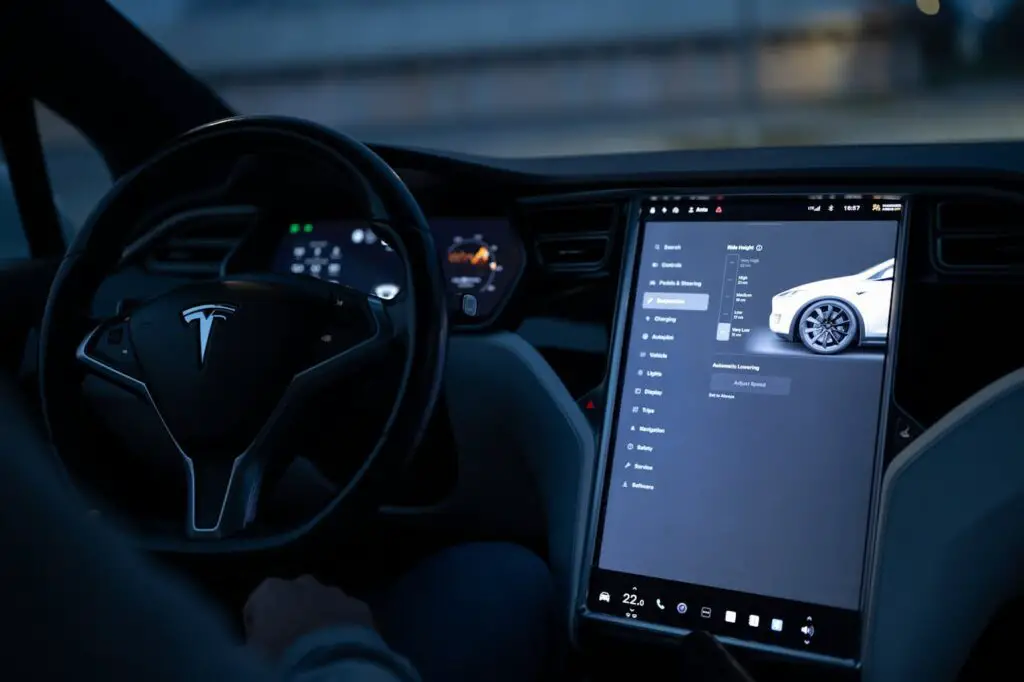
Many drivers are hesitant to embrace new automotive technology, preferring the reliability of traditional gasoline engines. Some worry that EVs rely too heavily on software, which can be vulnerable to bugs, glitches, or hacking. Additionally, concerns over long-term maintenance and repair costs make some buyers reluctant to switch. While advancements in EV technology continue to improve reliability, skepticism remains a barrier to widespread adoption.
10. Insufficient Towing and Heavy-Duty Capabilities
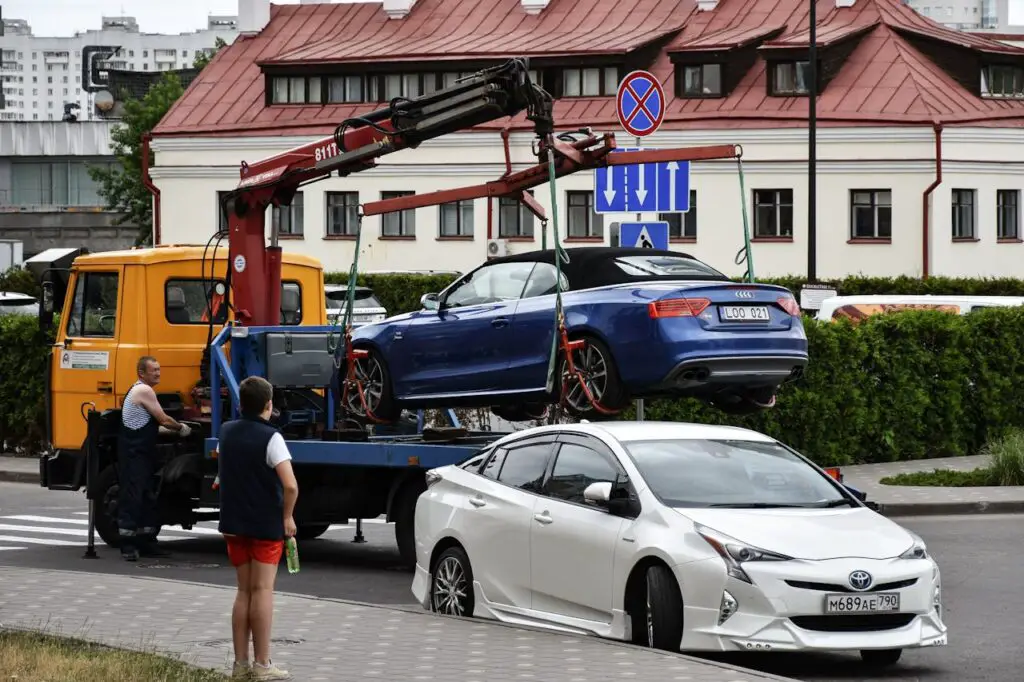
For truck owners and those who require heavy-duty vehicles, EVs still fall short in terms of towing and hauling capacity. Although some electric trucks are entering the market, their performance under heavy loads remains a concern. Towing significantly reduces an EV’s range, making it impractical for long-distance hauls. Until electric trucks can match or exceed the power and endurance of traditional gasoline and diesel models, many buyers in industries such as construction and agriculture will continue to rely on conventional vehicles.
Final Thoughts

While electric vehicles continue to grow in popularity, they still face significant hurdles before achieving mass adoption. Concerns over charging infrastructure, affordability, battery life, and cold weather performance make many consumers hesitant to make the switch. Additionally, factors like limited model availability, long charging times, and skepticism about new technology further contribute to EV resistance. As advancements in battery technology, charging networks, and vehicle capabilities improve, more consumers may be willing to embrace electric vehicles in the future. However, for now, these ten reasons highlight why some people still prefer gasoline-powered cars over EVs.
Leave a Reply